John Wick co-director David Leitch was ready to politely decline Keanu Reeves’ initial offer involving a script called Scorn.
In 2013, alongside Chad Stahelski, the second-unit directing duo and then-longtime business partners felt they were ready to take the next step in their directorial careers. They’d climbed the stunt ranks for two decades as performers, choreographers and coordinators, establishing a varied résumé that includes The Matrix trilogy, which introduced them both to Reeves at different points. Eventually, they became second-unit directors, fulfilling the action sequences for actioners and blockbuster films, all while utilizing the infrastructure they’d built through their action design company, 87eleven.
Founded in 1997, their company’s Los Angeles headquarters is where they would choreograph action sequences and train actors like Reeves to become believable action stars. (In 2019, Leitch and life/producing partner Kelly McCormick branched off with 87North, while Stahelski turned 87eleven into 87Eleven Entertainment.)
Furthermore, Derek Kolstad’s script about a grieving hitman named John Wick had already come their way prior to Reeves’ involvement, and Leitch recalls a different movie star being attached at that point.
“We were first exposed to the script by our manager at the time, Kelly McCormick, who’s now my wife and producer. She had introduced us to Basil Iwanyk and Peter Lawson at Basil’s company [Thunder Road] to maybe do second unit work on that script. So that was the first time we read it, and I think Bruce Willis might’ve been attached at that time,” Leitch tells The Hollywood Reporter in support of John Wick’s 10th anniversary and return to theaters on Nov 6.
Once Reeves signed on, he, too, contacted his former collaborators about directing second unit. But Leitch and Stahelski, having already entertained the idea when Willis was potentially attached, instead asked if he’d back their play as full-fledged directors “and he was like, ‘Yes, please. Let’s do it. How do we make that happen?’”
The pair then assembled a pitch over the course of a weekend, turning the puppy-revenge tale’s 11 to 15 kills into 84 kills, as well as underscoring the mythological component of the assassin underworld. Coupled with Reeves’ support, the duo soon won over producer Basil Iwanyk (Thunder Road). Financing became the next hurdle ,as there were squabbles over the idea of having a bearded Keanu as the face of the movie. When that issue dissipated, Keanu still had to forgo a portion of his salary to make the numbers work, while Leitch and Stahelski had to split the DGA minimum. But the film wasn’t out of the financial woods just yet — Eva Longoria prevented the film from being shut down at the last minute by filling its $6 million-gap in financing.
After going through such adversity and wrapping production at the end of 2013, Leitch was then dealt a bad hand when the DGA refused to officially credit him as co-director. He’s instead labeled as a producer, with Stahelski receiving sole directorial credit. It was an odd turn of events, considering they’d owned a business together for nearly two decades and had worked in tandem on a bevy of films by that point.
“We felt really misled. We were both longtime DGA members, and we were told we could co-direct: ‘You have our blessing. We’ll send out people [to set], and blah, blah, blah,’” Leitch shares. “And when we came back to them, they were like, ‘We went over it, and you just don’t have a record of working together enough. So you guys are going to have to decide who did it.’”
Leitch still went on to direct a string of successful movies, such as Deadpool 2 and Hobbs & Shaw, but the slight is, understandably, still stuck in his craw. “I’m honestly still a little bitter that, as longtime members of the DGA, the DGA didn’t protect us,” Leitch admits. “It was like, ‘We didn’t come here to try and pull the wool over your eyes.’ We just wanted to co-direct.”
Below, during a recent conversation with THR, Leitch also discusses the scheduling issue that prompted him and Stahelski to go their separate ways as filmmakers ahead of John Wick: Chapter 2. He then addresses whether he’d ever return to the franchise that launched his directorial career.
***
What is your recollection of receiving the Jon Wick script for the first time?
We were first exposed to the script by our manager at the time, Kelly McCormick, who’s now my wife and producer. She had introduced us to Basil Iwanyk and Peter Lawson at Basil’s company [Thunder Road] to maybe do second unit work on that script. So that was the first time we read it, and I think Bruce Willis might’ve been attached at that time.
When Keanu eventually became attached, he then brought us the script and said, “Hey, guys, would you be interested in this?” But, because we’d already laid all the groundwork with Basil, we knew the movie was too small for us to just do second unit based on where our careers were. In the background, Kelly was always championing us as first-unit directors, so we knew this was the perfect opportunity for us to reach out and ask Keanu to direct. So we went back to Keanu and said, “Hey, man, it’s a little small for us, but what do you think about us doing the whole thing?” And he was like, “Yes, please. Let’s do it. How do we make that happen?”
It was then a mad rush to get a pitch together to take to Thunder Road, and we did it over a weekend. We put together our vision of what Derek Kolstad’s script could be. As a second-unit director, you don’t get to do that stuff, but in the two years prior, we’d pitched on some other projects and began to understand that process of selling yourself. So, if preparation plus opportunity equals miracles, then that’s how we ended up getting it. All the stars aligned.

I didn’t realize Kelly’s role in all this at the time. Between getting married and releasing John Wick, 2014 was a life-changing year for you.
Yeah, it was a really life-changing year. We made John Wick, our directorial debut. After the distributor screening, we thought it was going to go straight to video. We thought that no one was ever going to see it. But then Fantastic Fest blew it up, and the genre fans got it. So it was a really great year between getting married and having a movie that people really responded to. It’s now spawned a whole world and franchise.
I dug up some reports that Lionsgate acquired U.S. rights to the film in early August 2014, which was roughly five weeks before Fantastic Fest. Did the festival response cement a wide release?
We had that distributor screening, and no one bought it. Everyone in town saw it, but it was a weird time of year. It was the end of summer, so everybody sent their junior executives, and no one was really thinking that they were going to pick it up. So no one kicked it up to their bosses; no one wanted it. But Lionsgate already had international rights; they had financed it through foreign sales. So they said, “You know what? Let’s just hedge our bets. We’ll take domestic.” So they took it off the table, and that’s why we went to Fantastic Fest. They just wanted to see what they had. They were probably going to have it go straight to streaming or video, whatever it was at the time. But Fantastic Fest blew it up, and then Lionsgate went, “Holy shit, we know what we have now. There’s a spot in October. It’s [five] weeks out. We’ve got to get some TV ads going. Let’s go.” So it was already in Lionsgate’s hands, but they weren’t even behind it. They were just like, “We’ll take it and cover our butts. International will be a big commercial for domestic.”
Keanu’s generosity towards his stunt teams is quite literally the stuff of legend. There are confirmed stories of him giving Rolex watches, fancy premiere trips and custom Harley Davidson motorcycles to his stunt teams as wrap gifts. Do you think his blessing of two former stuntmen as directors was an extension of that special relationship he has with the stunt community?
I think so. It definitely validated the work that we do as creatives, and it was pretty amazing that he was an early adopter of that. Chad did the first Matrix with him, and then we both did the sequels. So we spent a lot of time on the mat with Keanu, talking about character and how the action was going to define who Neo is. It was really about helping him become a full-fledged martial artist in his own right. He really wanted to be immersed in that character of Neo. But people don’t comprehend the amount of time and energy and exposure we have with actors when we’re working in that capacity and designing the action for a film. So, for him to support it, it’s pretty amazing. He understands it because he goes through it physically. He really tries to do as much as he can, stunt-wise, and he lays it all on the line.
Knowing what you know now about directing, how would you approach the movie today? Would certain sequences be markedly different?
I don’t know if I would’ve handled anything differently. We had the benefit of being seasoned in physical production. When a lot of directors get their first movie, they haven’t spent 20 years on set like we had, and they haven’t directed the logistics of big action sequences like we’d done in big films. So Chad and I didn’t feel daunted by that aspect. We really approached it with 20 years of film experience, and at the time, place and creative spot that we were in, it’s hard to second guess. There was lightning in a bottle with gun-fu, and it’s something we’d been gestating for years in the hopes that we’d find a place to put it.
In terms of the drama, we had real instincts about the things we wanted to do, and we knew we would have to make some bold choices, like the dog, or the way we saw some of these characters. We then created an underworld out of Derek’s script and brought the mythology a little bit more to the forefront. So I don’t think I would change anything. It sounds like I’m an asshole, but it was a perfect storm of experience and the right timing.

As co-directors, how did you and Chad divide up the work in general?
We never delineated anything. When we second-unit directed together, it was just a natural flow of ideas. We ran a company [87eleven] together for nearly 20 years at that point, and we had done tons of second unit together and tons of stunt coordinating. When you’re on a fight choreography team, everyone has a voice. Everyone gives ideas, and so that’s how we directed. There are writer-director pairs that have a delineation where one is really hands-on with the script and the other is more of the actor whisperer, but we never delineated anything.
But when we directed John Wick, we had not co-directed in probably three or four years. We were already doing big second units on our own, and our careers were going in a trajectory like they’ve gone after Wick. So to come back together for that moment was really fun. We returned to our roots, and that collaboration is how we became successful.
Regarding the lack of a co-director credit, I imagine you were heartbroken at the time because you had no idea if you’d ever get another shot in the director’s chair. But did that frustration subside once you went on to a healthy directorial career?
To start, we felt really misled. We were both longtime DGA members, and we were told we could co-direct this thing: “Go forth and do it. You have our blessing. We’ll send out people [to set], and blah, blah, blah.” And when we came back to them, they were like, “We went over it, and you just don’t have a record of working together enough. So you guys are going to have to decide who did it,” even though we both had DGA contracts, and they came to set and saw that we both directed it.
But everybody who needed to know, knew. Everybody in town knows we co-directed, and it’s even more apparent when you look at our respective careers now. We both have very successful careers as directors. But I’m honestly still a little bitter that, as longtime members of the DGA, the DGA didn’t protect us. It was like, “We didn’t come here to try and pull the wool over your eyes.” We also had a second unit director, so it wasn’t like we were trying to play some game. We just wanted to co-direct. Film is such a collaborative art form that the archaic idea that two people can’t direct is insanity. They do allow it under strange conditions, and Chad and I had an elaborate record of working together and owning a company together and doing second unit together. The Wachowski films, in particular, there must be five or six credits where we worked together, and so it’s still bizarre to me.
You mentioned moments ago that prior to John Wick, you and Chad were already doing second unit directing on your own. So did the two of you know early on that, if all went well with John Wick, you’d likely branch off into your own individual filmmaking careers? Were you never intending to become a full-time duo like The Wachowskis?
I think we wanted to find projects together and collaborate together, but we also knew that we wanted to direct individually. We were hoping that we would be able to come together when it makes a lot of sense, like, “This is an event.” If you look at the Coen brothers now, they direct individually, but they’re apparently coming together again [for a horror movie]. So that’s what our hope was, and by the way, that’s still out there. Chad and I could still reunite if we wanted to and felt like it. But I’m really grateful that it didn’t happen right away, and that we were both able to have our own voices for a decade now. I’m so grateful for that. I am just in awe of what Chad has done with the John Wick universe. It has a rabid fan base, and he’s built out the world and the mythology. But I don’t have any regrets about the path that I’ve chosen and the movies that I’ve done.
When we were exploring John Wick: Chapter 2, we also had the script for Atomic Blonde at that time. It was called The Coldest City, and we were both attached to do both. They both sold at Cannes or Berlin at the same time, foreign sales. So they were both set up with us co-directing, but as Keanu and Charlize’s windows became available, they were both going to have to shoot at the same time. And I was just really passionate about the vision that I had for Atomic Blonde, as this love letter to the ‘80s and sexy Berlin. I was so into that film, and Chad was like, “Well, how do we build this franchise?” And I was like, “We should just go do these movies separately if they’ll let us.” And that was a little bit of a process to convince these companies that we could direct individually. It took a little bit of magic and re-pitching and reintroducing the fact that we’ve been doing this for years. So that opportunity happened out of scheduling, otherwise we might have both been on John Wick 2.
I onced joked to Charlize that she inspired John Wick. I reminded her that her terminally ill Sweet November character mailed a dog to Keanu’s character 13 years before the terminally ill Helen Wick did so for John. She fell on the floor in response and texted Keanu about it. Were you aware of this?
(Laughs) I am now! I never connected those dots. That’s so great.

After wrapping John Wick’s production at the end of 2013, you booked two second unit jobs: Hitman: Agent 47 and Jurassic World. And then after John Wick was released, you directed second unit for Captain America: Civil War and Teenage Mutant Ninja Turtles: Out of the Shadows. Were those jobs your way of assuming the worst case scenario for John Wick?
Yes, but because of Wick’s budget, we worked for DGA scale. So Chad and I had to split the fee, and then we also deferred money. We got the Eva Longoria [$6 million financing gap], and Keanu gave some back. But we deferred money, so we needed to work. It was like, “Yeah, I directed my first film, but I’m also an adult who’s got a mortgage.” So we went back to work until we could find other projects and see how Wick was going to do. The eye was always to keep directing first unit, but I’d never be ashamed to go back to second unit. It is so crucial to those big tentpole movies, and that’s why we champion directors who come out of that space. You’re telling a huge part of those movies’ stories, and you’re sometimes commanding even more resources than the first unit at times. So they’re really fun, and it doesn’t all fall on your back, critically. You can be creative until you have to hand it off to the director, but the weight is ultimately on their shoulders to deliver.
We knew Keanu for nearly 30 years without a beard, but now, when I see him without a beard, it’s like something is missing. So it’s interesting, in hindsight, that the beard was such a hangup for financiers.
I know! We had gut instincts about what we thought was going to make the character stand out, and we felt really strongly that he looked cool. Sometimes, you just have to trust your gut as a director, and cool overrides everything, especially in genre films. There’s got to be wish fulfillment in the character. Someone who may have been the clean-shaven hitman at one point, but is now mourning the loss of his wife, he isn’t going to be the clean-shaven hit man anymore. He is going to put on the suit, but he’s still mourning. So that brought a different dimension to his character that maybe studio conventions don’t see. They just wanted to put clean-shaven movie star looks on a poster, but it’s the director’s job to make sure the character is being serviced. So we fought hard for it, and luckily, we won that battle. And you’re right; it’s so iconic now.
You commented earlier that a co-directing reunion isn’t out of the question for you and Chad. But since he’s still expanding the franchise with spinoffs such as the Donnie Yen-Caine movie, would you ever go home again to helm something yourself? Or do you have too many other irons in the fire?
Never say never. I love the Wick world, I love the people in it, and I’m so grateful for the time that I was there. But, yeah, I totally would. At 87North, we do have a ton of irons in the fire, and we actually have our own Donnie Yen project, Kung Fu. We have our universe of Violent Night and Nobody, which both have sequels coming. So there’s a lot to manage, which is great. But, if it was the right time and the right story and I was the right person to tell it, of course, I would. It’s such a fun world, and I’m really proud that I helped create it.
The impact of John Wick is still felt today. Studios are more willing to give stunt professionals a chance to direct, and you’ve created opportunities for your long-time teammates such as Jonathan Eusebio. Chad did the same for J.J. Perry. Are you quite proud that you’ve been able to open doors and rid that stigma that used to follow stunt performers or second unit directors with greater ambitions?
I’m really proud of it, and I want to continue to do it. It’s long overdue, and we all know that the origins of cinema had their roots in action and choreography. Buster Keaton, Harold Lloyd and some of the other greatest directors in the history of cinema were from our discipline. So I’m proud to be a part of this new revival and help champion it.
Moreover, so-and-so’s John Wick is the new action movie formula for a lot of movie stars. It’s similar to how the Die Hard formula was applied to any and all possible locations. Is it always pretty flattering when you stumble across something that was clearly inspired by Wick?
Yeah, it’s completely flattering. And to be said in the same breath as some of those iconic films, like Die Hard, is pretty humbling. It really makes you feel good that you had a lasting influence on pop culture. And you’re right; it’s the model now. That’s a really good way to put it. Everybody still wants their Die Hard, but everybody also wants their John Wick.
***
John Wick returns to movie theaters on Nov. 6.
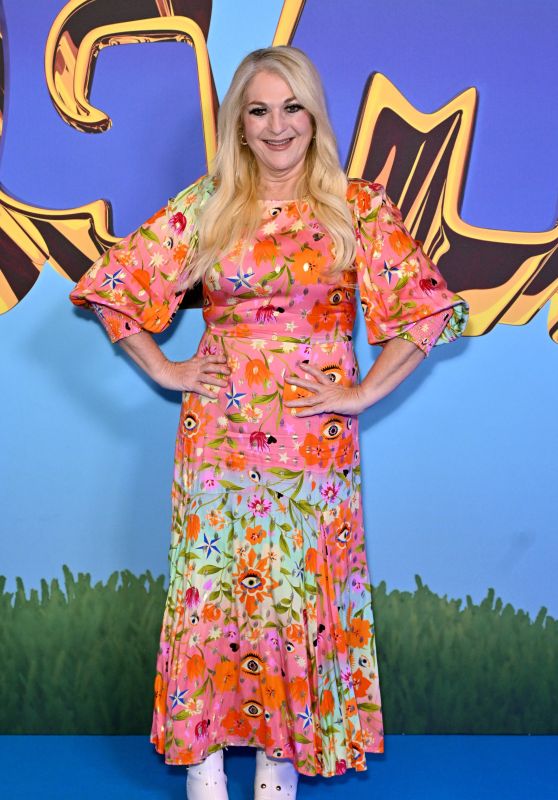
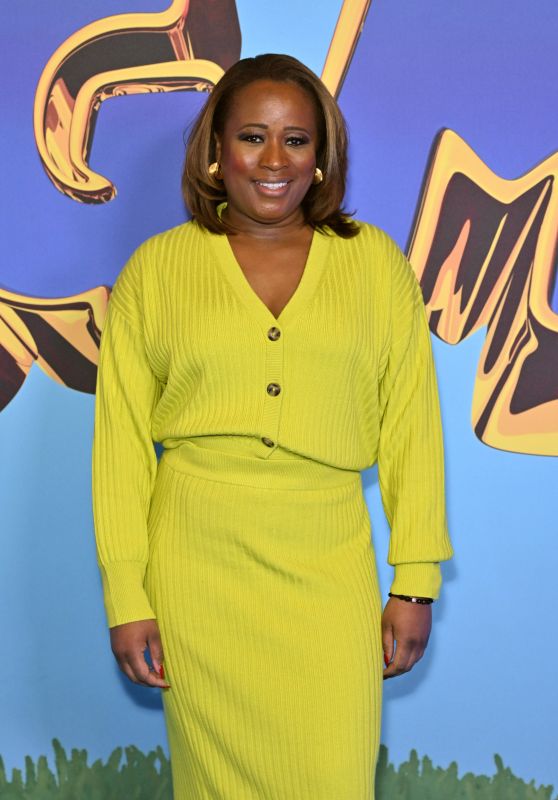
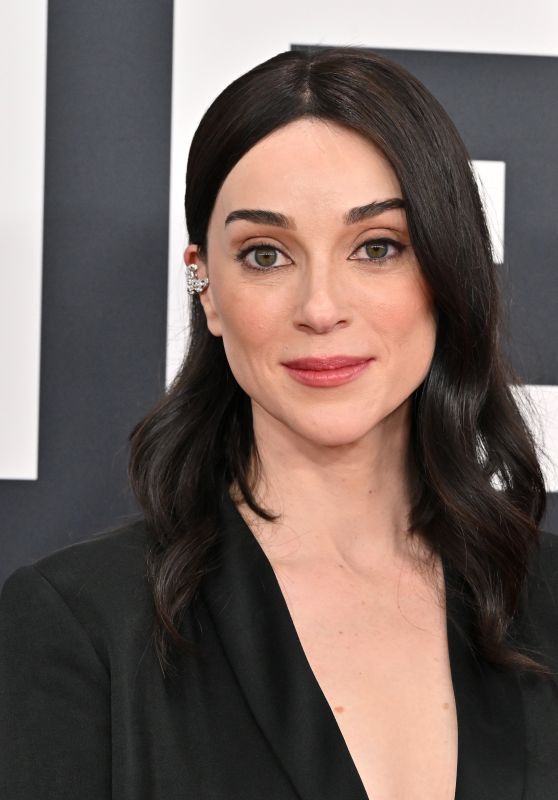
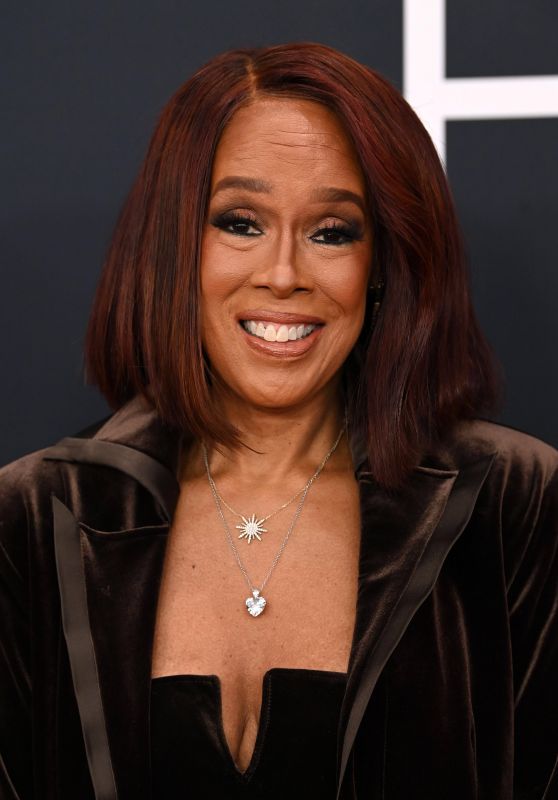
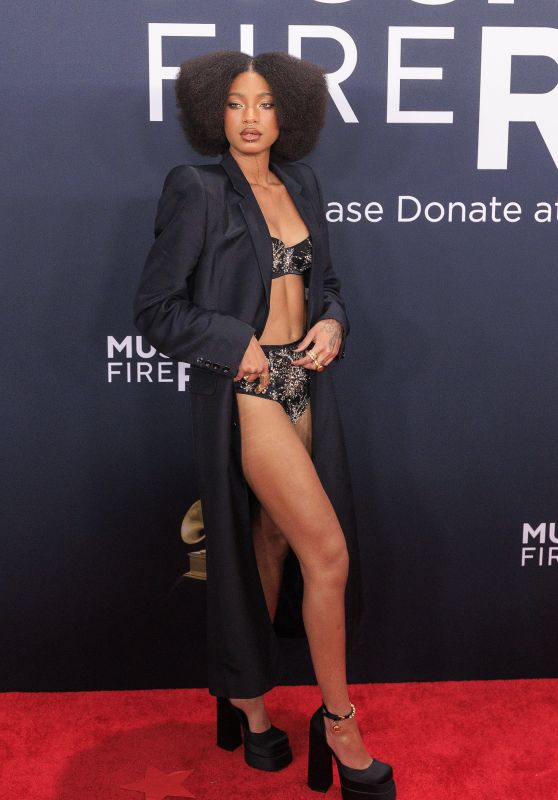
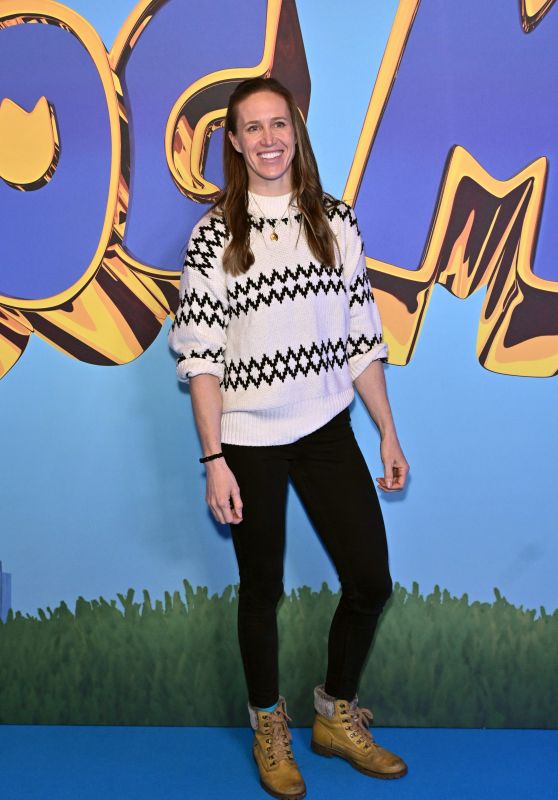
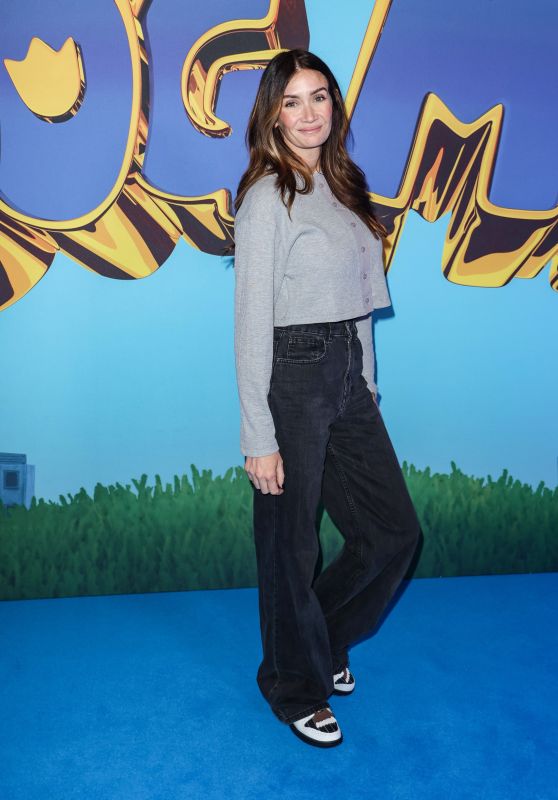
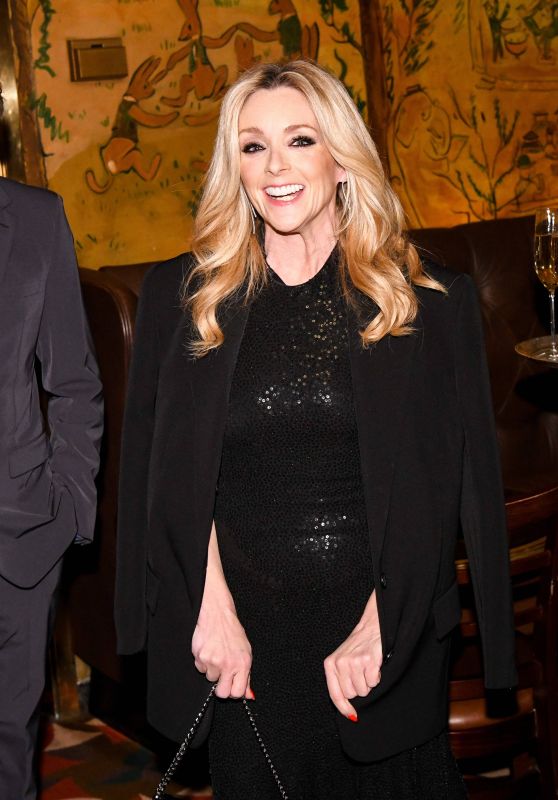
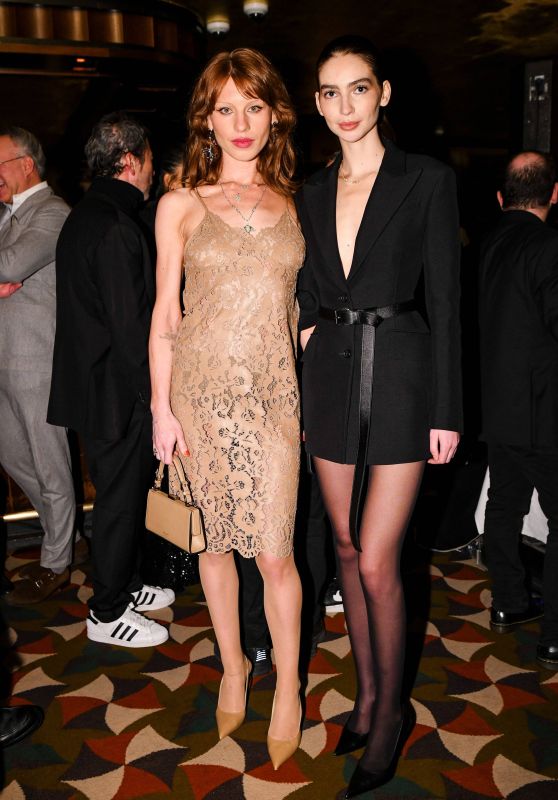

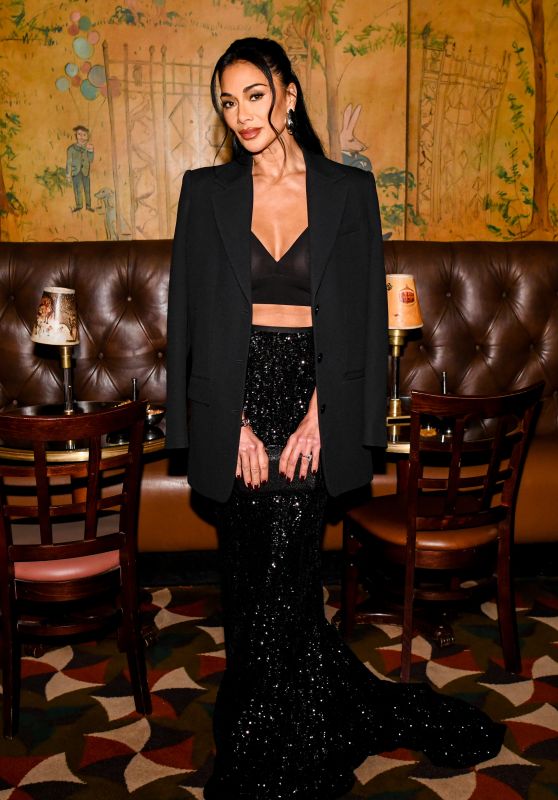









 English (US) ·
English (US) ·